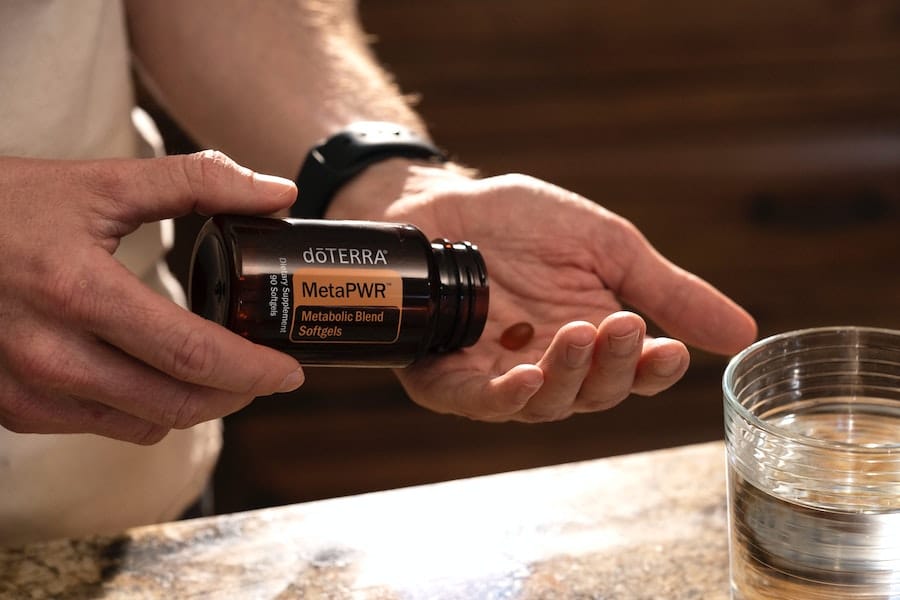
AOD 9604 is a peptide of the growth hormone (hGH) C-terminal fragment (amino acids 177-191) with an extra tyrosine residue at the N-terminus. It’s been hypothesized to have a lipolytic effect similar to growth hormones, potentially without the diabetogenic risks.
AOD 9604 Peptide Function
Pituitary gland stimulation, such as that caused by hGH and other growth hormones, leads to a faster metabolism and increased fat cell loss. Studies suggest that AOD 9604 may increase the cellular breakdown and oxidation of fat, primarily causing fat to be released from obese fat cells; it may also dampen the rate of new creation in fat cells.
AOD-9604 and Osteoporosis Research
Research suggests that the peptide AOD 9604 may potentially impact bone in numerous ways, and the compound comprises a fragment of growth hormone seemingly without proliferative properties. AOD 9604, which accounts for around 8% of the growth hormone molecule, is hypothesized to stimulate the IGF-1 and direct cellular pathways. Scientists speculate that insulin resistance may increase. More and more researchers are exploring this phenomenon within the context of osteoarthritis and tendonitis pain in animal test models.
In a collagenase-induced knee osteoarthritis rabbit model, several South Korean researchers have studied the effects of AOD 9604 through intra-articular presentation with and without hyaluronic acid. After the first intra-articular collagenase presentation, further quantities were given at 4-to-7-week intervals. The morphological and histological results were then used to evaluate the level of cartilage degradation. The level of lameness was also measured 8 weeks following the first collagenase presentation.
Ultrasound-guided presentation of AOD 9604 has been hypothesized to promote cartilage repair. In the collagenase-induced knee OA rabbit model, the combination of AOD 9604 and HA appeared more effective than either substance alone.
AOD 9604 and Lipolytic Activity
In the first tests, the AOD 9604 peptide was given to obese mice on a schedule over 14 days. The findings reported that test models lost both weight and fat after the experiment. The elevated amounts of the primary lipolytic receptors, beta(3)-AR, in the fat cells seemed to have a causal relationship with these findings. Similar to how hGH may elevate suppressed levels of lipolytic receptors in obese mice relative to lean animals, the AOD 9604 peptide appears to have this effect in obese mice.
Additional investigations were conducted where AOD 9604 was given to mice with knocked-out lipolytic receptors to check if the lipolytic effect of AOD 9604 may be connected with the enhanced lipolytic receptor levels only. Additional research purported that the AOD 9604 peptide appeared to increase lipolytic activity by, theoretically, increasing metabolic rate and fat oxidation. These data on the acute and chronic effects of AOD 9604 suggested that, although increased beta(3)-AR expression may have contributed to the chronic activity of the chemical, beta(3)-AR might not be the primary arbitrator in this response. The hypothesized effect of the peptide appears to rely heavily on oxidation and increased energy expenditure.
The AOD 9604 peptide was given once daily for 19 days in a 2000 study with obese Zucker rats. As suggested by the research, over half as much weight loss was speculated in the rats compared to the placebo group. Additional testing implied no discernible disruption in insulin sensitivity and elevated lipolytic activity in the fatty tissues of AOD 9604 peptide- rats.
Conclusion
Growth hormone (hGH) derivative AOD9604 is a shortened form of fragment 176 191. AOD 9604 was first developed as an anti-obesity agent because of its alleged lipolytic (fat-burning) capabilities. It has been suggested that since this peptide alone may have fat-burning properties, it is highly sought after. In addition, studies have suggested that AOD 9604 does not affect IGF-1 or insulin levels, suggesting that it may not increase the risk of glucose intolerance or diabetes. Additionally, because of its structural similarity to hGH, the immune system may be less likely to produce antibodies against AOD 9604. This is conjectural and still under investigation by researchers.
AOD 9604 has also been speculated to improve cardial functioning. In addition to beta-3 adrenergic receptor stimulation, the secondary mechanism through which AOD 9604 may promote fat loss may improve metabolic parameters, as suggested by findings from research experiments conducted on animal test models.
Buy AOD 9604 only if you are a researcher interested in further studying this peptide in contained lab experiments.








